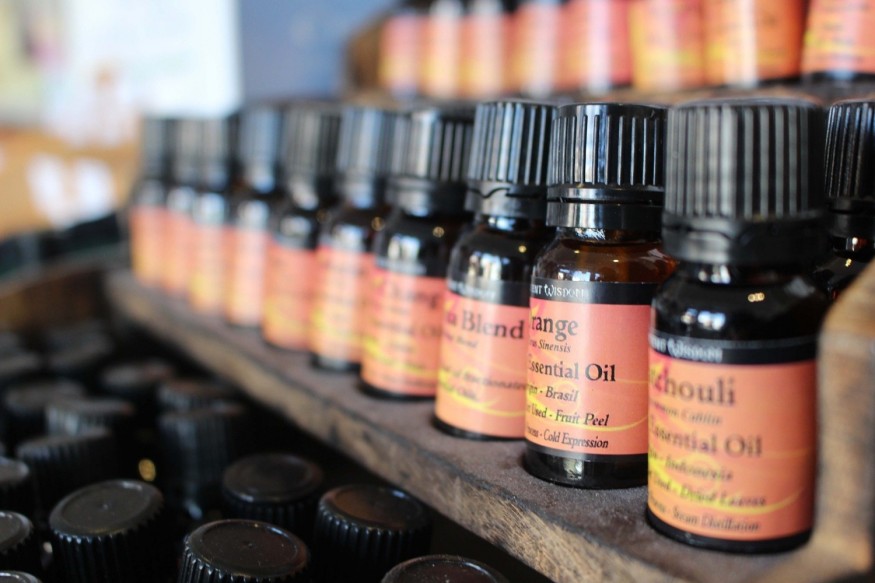
Essential oils are now trending for people enthusiastic about treating a wide variety of ailments, from minor infections to stress. However, a piece of new information indicates that people are increasingly putting their health at risk when they turn to these aromatic, volatile plant extracts.
In a study published in the Medical Journal of Australia, the researchers from the University of Australia noted an increase in the number of essential oil poisonings in recent years, with more than half of calls to the center regarding children.
The researchers identified more than 4,400 cases of essential oil exposure between July 2014 and June 2018. They classified the cases into the type of oil, times of vulnerability, changes over time, and the characteristics of the affected individual.
Around 1,011 calls made to the hospital individuals or parents representing a potential poisoning from 2014 to 2015, researchers found. The number grew to 1,177 cases - a 16 percent increase in the years 2017 and 2018.
Eighty percent of the poisoning was purely accidental, mistaking the bottle for another cough syrup. Around two percent emerged from purposely taking the essential oil based on misinformation. In 63 percent of cases, the youngest person affected by poisoning was under the age of 15.
"The [cause] of toxicity could be rapid, and in small quantities - or as little as 5 milliliters - [could make] life-threatening toxicity in [kids]," the researchers wrote in their report.
The researchers also noted that under half of the calls made to the hospital were for eucalyptus essential oils. Taking just a few milliliters can result in nausea, stomach pains, and even convulsions in some cases.
Deaths from essential oil poisoning are infrequent but recorded. According to a systematic review in 2012, more than 70 cases of adverse effects found where an 80-year-old male died from wintergreen poisoning.
"It's [disturbing that] even a little of 5 milliliters of some oil can could cause a rapid and life-threatening onset of toxicity - particularly in children," said lead author Dr. Rose Cairns, Lecturer in the University of Sydney School of Pharmacy and Director of Research at the NSW Poisons Information Centre.
While most cases in the study were unintentional or due to mistaking essential oils for medicines like cough mixture, Cairns said there were also a few numbers of incidents where people deliberately ingested the oils, thinking they would have therapeutic advantages.
"Just because something is natural doesn't [fundamentally] mean it is [harmless]," Cairns added. Meanwhile, a separate study released earlier this year noted more than 95,000 hospital admissions due to paracetamol ingestion between 2007 and 2017.
"Flow restrictors and child-resistant closures would be [recommended to avoid further poisoning], but containers are only [expected] to have such [locks] when the essential oil volume exceeds 15 milliliters," they write.
There are very few studies evaluating the efficacy and safety of ingesting specific essential oils, according to study co-author Dr. Joanna Harnett.
Dr. Harnett, Lecturer in Complementary Medicine in the Sydney Pharmacy School, underscored that most essential oils are not considered safe for ingestion.
"The [regular] use of essential oils is typically in diluted topical [mixtures], and there is now some [clear] evidence to support that some essential oils such as tea tree oil have antimicrobial properties when applied to the skin," Harnett said.
The researchers said advise that safekeeping the essential oils, particularly separating oral medications to prevent therapeutic errors, are needed to avoid ingestion.
© 2025 NatureWorldNews.com All rights reserved. Do not reproduce without permission.





